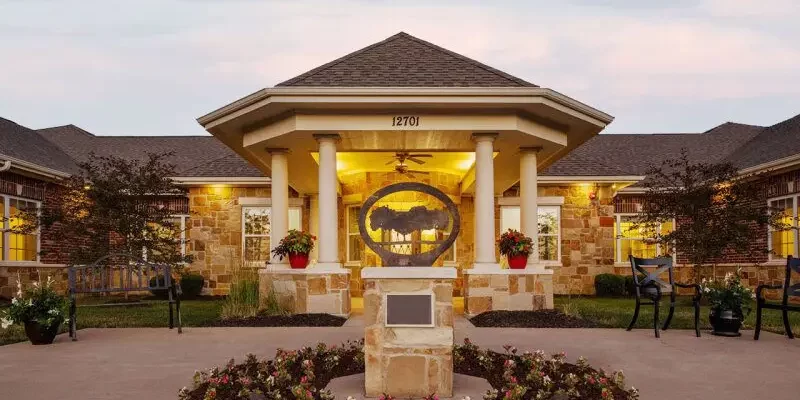Assisting Accredited Investors Across the Globe
(913) 283-7804
Mon - Fri: 9:00 a.m. - 5:00 p.m. CST
Team@seniorlivingfund.com
For Investment Inquiry
Mon - Fri: 9:00 a.m. - 5:00 p.m. CST
For Investment Inquiry
Commercial real estate (CRE) is one of the most powerful investment vehicles available, offering not only substantial income potential but also significant tax advantages. Whether generating passive income through rental properties or earning returns on equity investments, CRE provides unique financial benefits. Many assume that tax liabilities will diminish the profitability of CRE, but in reality, the tax advantages can enhance returns significantly. Here are the top seven tax benefits of investing in commercial real estate.
Like other assets, real estate depreciates over time. This allows investors to deduct a portion of the property’s value each year, reducing taxable income. For example, a residential rental property valued at $500,000 depreciates over 27.5 years, translating to an annual deduction of approximately $18,000. This benefit significantly offsets rental income, lowering tax liabilities. Note that depreciation applies to the building, not the land, and specific rules set by the IRS determine exact deductions.
Unlike traditional employment or business ownership, income from commercial real estate investments is not subject to payroll taxes such as Social Security and Medicare. This makes CRE an attractive option for generating income without the added burden of these deductions.

As a CRE property appreciates, its value increases without triggering tax obligations unless sold. Unlike earned income, which is taxed as it grows, real estate investments can appreciate tax-free until the investor decides to sell. Even then, capital gains taxes are typically lower than ordinary income taxes, making this a tax-efficient way to build wealth.
A 1031 exchange allows investors to defer taxes on gains by reinvesting the proceeds from a property sale into a similar investment. This strategy enables long-term wealth accumulation while avoiding immediate capital gains taxes. By continually reinvesting through 1031 exchanges, investors can preserve their capital and defer taxes indefinitely.
Rather than selling an appreciating property, investors can refinance and extract equity without incurring taxes. Since loan proceeds are not considered taxable income, this strategy provides liquidity while maintaining ownership. Additionally, tenants often cover mortgage payments, making it an efficient way to access funds while benefiting from future property appreciation.
Investors can use self-directed IRAs to acquire real estate, allowing income and gains to grow tax-deferred or even tax-free in the case of Roth IRAs. This method provides an alternative investment strategy that leverages retirement funds while avoiding immediate tax liabilities.
When heirs inherit commercial real estate, they receive a “step-up” in cost basis, meaning they are not taxed on the property’s appreciation during the original owner’s lifetime. For example, if a property was purchased for $50,000 and is valued at $400,000 upon inheritance, the heirs can sell it at market value without incurring capital gains taxes. Estate tax exclusions also protect large portions of inherited assets from taxation.

Commercial real estate offers both lucrative income opportunities and substantial tax benefits. However, every investor should conduct thorough research, consult financial professionals, and tailor strategies to their specific goals. With proper planning, CRE can serve as a powerful tool for wealth accumulation while minimizing tax burdens.
Feel free to reach our Investor Relations team via email: Team@seniorlivingfund.com or call 913.283.7804

Dan has 30+ years of business experience, including 25+ years as an executive and principal in real estate, capital placement, business development and management. Dan has 10+ years of experience in a business consulting and management role for Accenture. Dan also has 10+ years of experience in the senior housing sector.

Mark brings strong operations management skills to the SLF team through his 30+ years of experience in business consulting, real estate investment and development, financial analysis and management. Mark currently serves as Chief Operations Officer for Senior Living Fund, LLC and its affiliated entities.

Rick brings over 30 years of financial management experience, mostly focused on financial services industry. Rick oversees all of the accounting operations including financial reporting, cash planning, and managing external audit relationships and the Funds tax reporting.